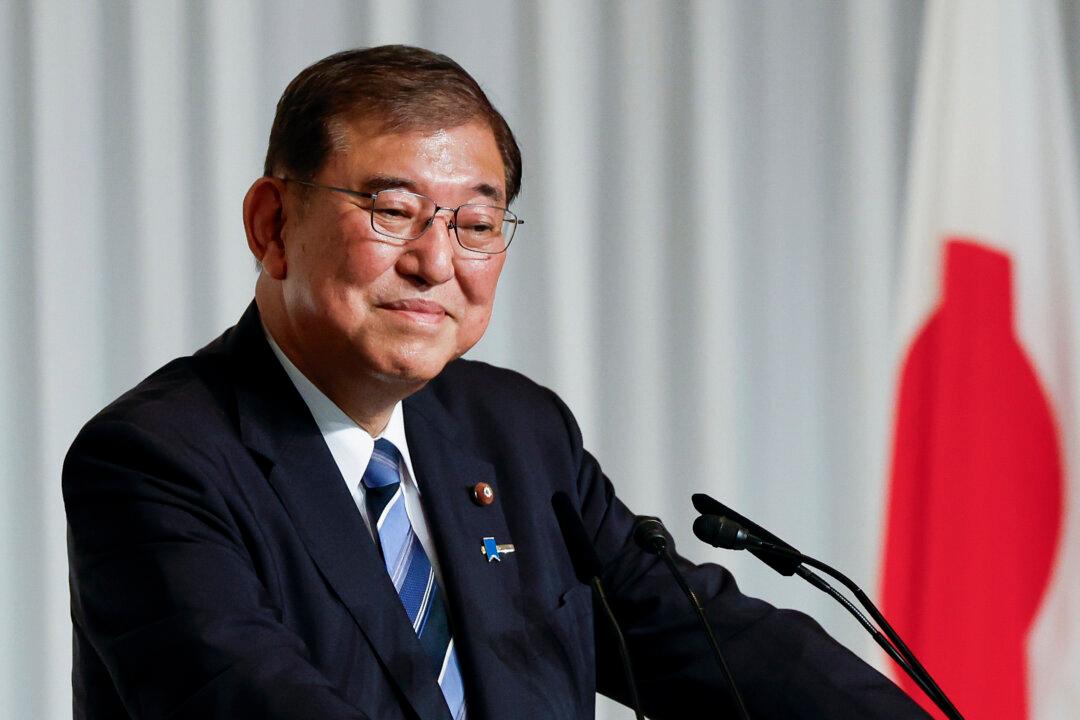Japan’s ruling Liberal Democratic Party (LDP) has picked a former defense minister, Shigeru Ishiba, as its new leader and the next prime minister.
Ishiba, 67, will replace Fumio Kishida, who announced last month he would be stepping down as prime minister as a series of corruption scandals saw support for the LDP drop below 20 percent.





